-
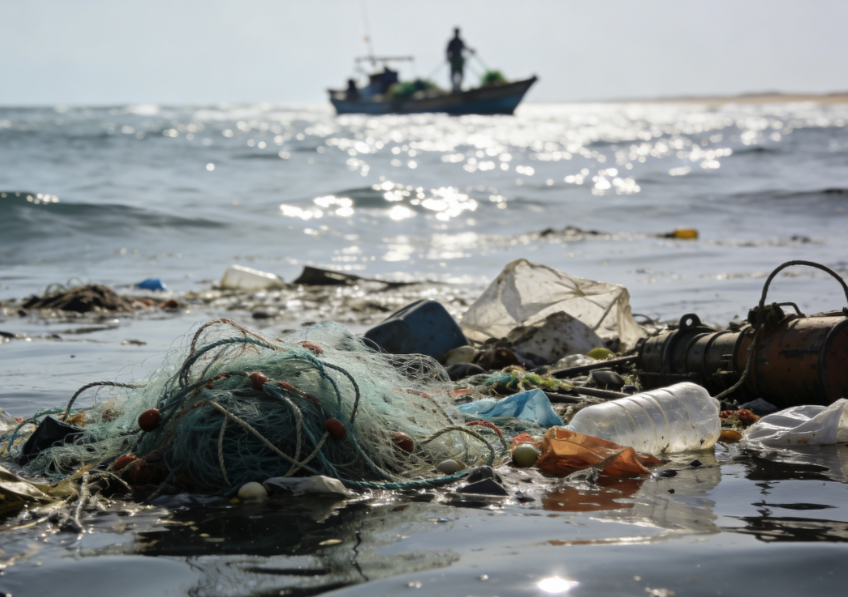
Somalia Launches Large-Scale Marine Cleanup
International environmental organization Satlink has partnered with the Somali government to launch Project ReCon, marking the nation’s first large-scale marine debris cleanup initiative. The project focuses on removing the most severe pollutants along the coastline—abandoned fishing gear (ghost nets) and industrial plastics—while establishing a new model for marine pollution management in Somalia, which boasts one…
-
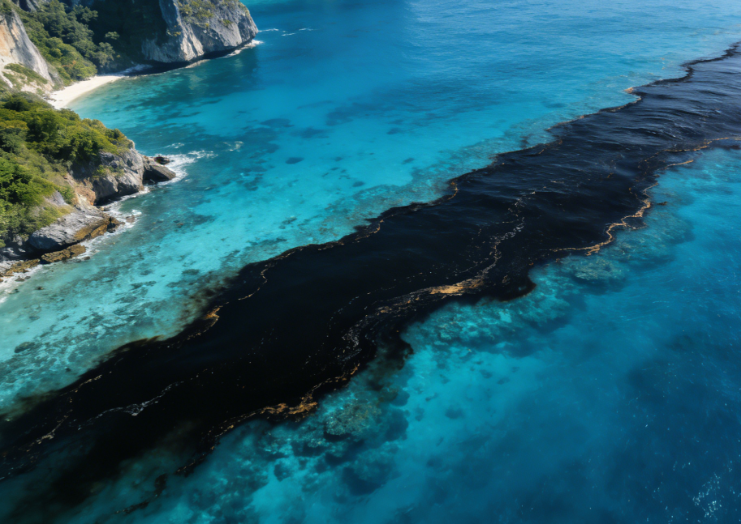
Oil Spill Occurs After Cargo Ship Sinks Off Phuket, Thailand
A Panamanian-flagged cargo ship unexpectedly sank in waters south of Phuket, Thailand, causing a leak of 4,200 gallons of diesel fuel and 100–200 gallons of lubricating oil, posing a severe threat to the local marine environment. On-site monitoring revealed the spill has formed an oil slick measuring 4.5 miles long and 1 mile wide, drifting…
-
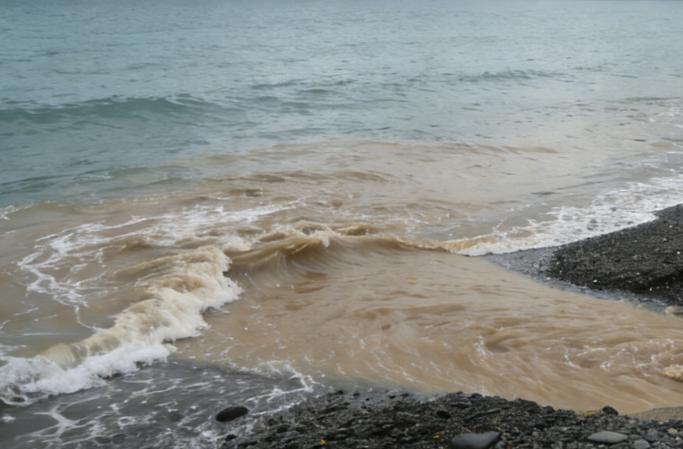
Wellington Sewage Spill Incident
Heavy rainfall in Wellington, New Zealand, has overwhelmed the city’s sewage treatment system, resulting in approximately 70 million liters of untreated wastewater flowing into coastal waters surrounding the capital. Local authorities have classified the incident as an “environmental disaster.” The discharge may lead to marine life deaths and seawater eutrophication. Officials have activated emergency response…
-
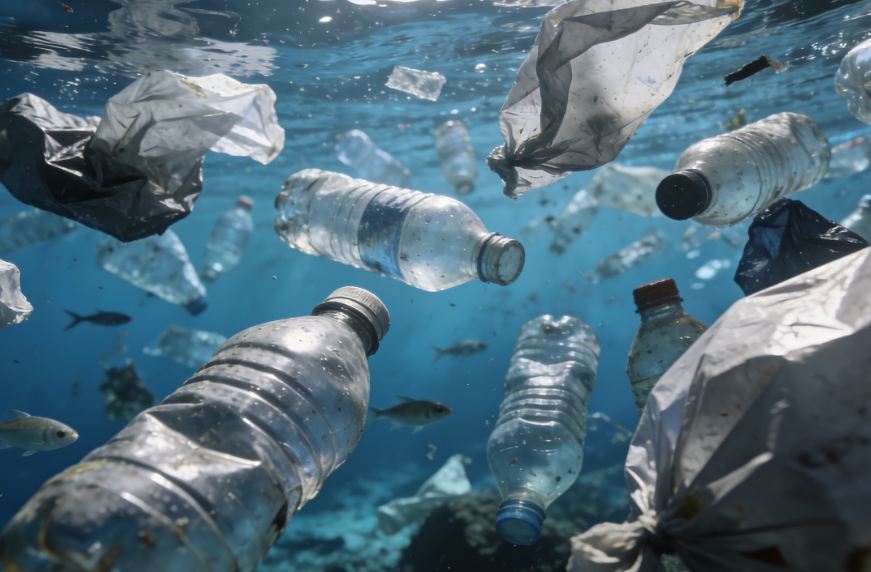
South Africa Launches Coast 2 Coast 2026 Environmental Initiative
South Africa’s flagship beach cleanup campaign expands this year to inland waterways and communities, jointly launched by the plastic packaging industry organization Polyco and environmental group Save a Fishie. The initiative aims to remove marine plastic waste, raise public environmental awareness, and promote plastic waste recycling. For the first time, cleanup efforts extend beyond beaches…
-
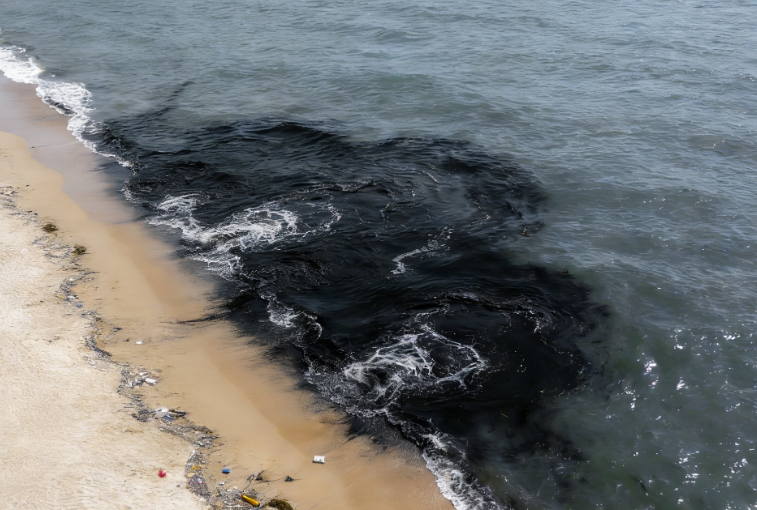
Black Wastewater Discharged into Sea at Pattaya Beach, Thailand
Construction contractors for a Thai beach landscaping project directly pumped large volumes of accumulated sewage from drainage systems into the ocean, causing seawater to turn black and emit foul odors. Thailand’s Ministry of Natural Resources and Environment urgently halted construction, initiated water quality testing, and filed lawsuits against responsible parties. The seawater has now returned…
-
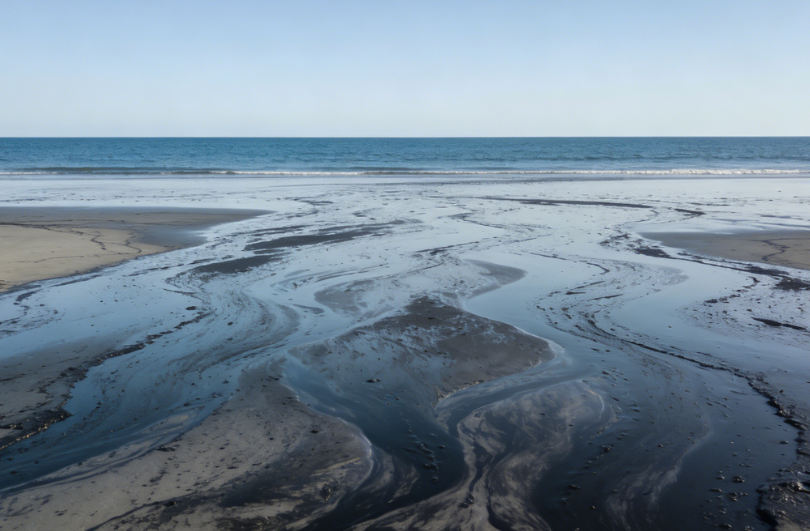
U.S. Offshore Drilling Plan Sparks Marine Pollution Alarms
The Center for Biological Diversity has released a new analysis warning that the Trump administration’s offshore drilling plan could trigger over 4,000 oil spills, releasing more than 12 million gallons of crude oil. These spills would threaten multiple critical marine ecosystems never before exploited in the United States, causing catastrophic impacts on coastal communities dependent…
-
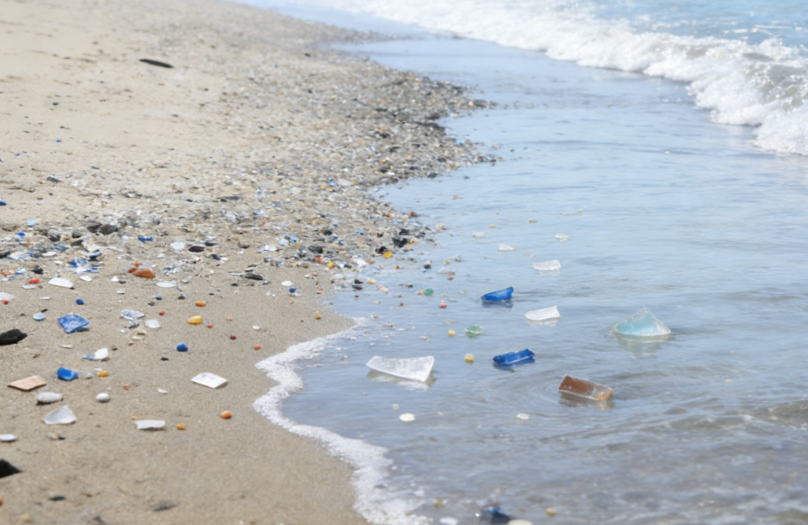
New Findings in UK Coastal Microplastic Pollution Survey
A joint project between the University of Portsmouth and GB Row Challenge has released findings indicating microplastic pollution concentrations in waters surrounding the UK coastline may be twice as high as previously recorded. Concentrations detected in the Irish Sea have reached a three-year high. These microplastics, predominantly small-particle-sized, are more easily ingested by marine life.…
-
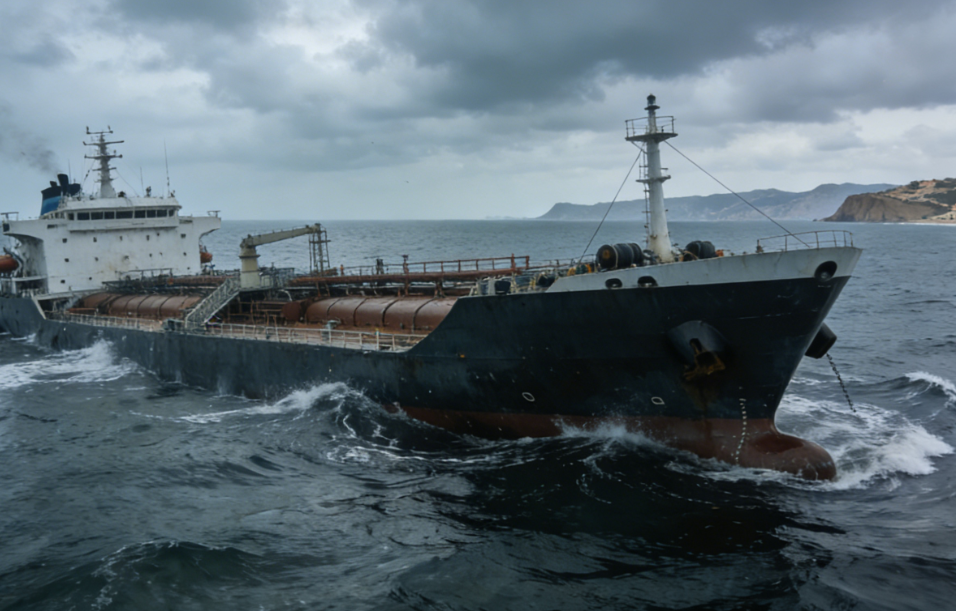
Russia’s “Zombie Tanker” Drift Crisis
Russian tanker “Chariot Tide,” carrying 400,000 barrels of refined diesel, has drifted out of control approximately 60 kilometers off the coast of Málaga, Spain. The vessel remains in a state of crisis: “out of control” for several days, moving at an extremely slow speed of 0.2-1 knots. It previously narrowly avoided grounding off the Moroccan…
-
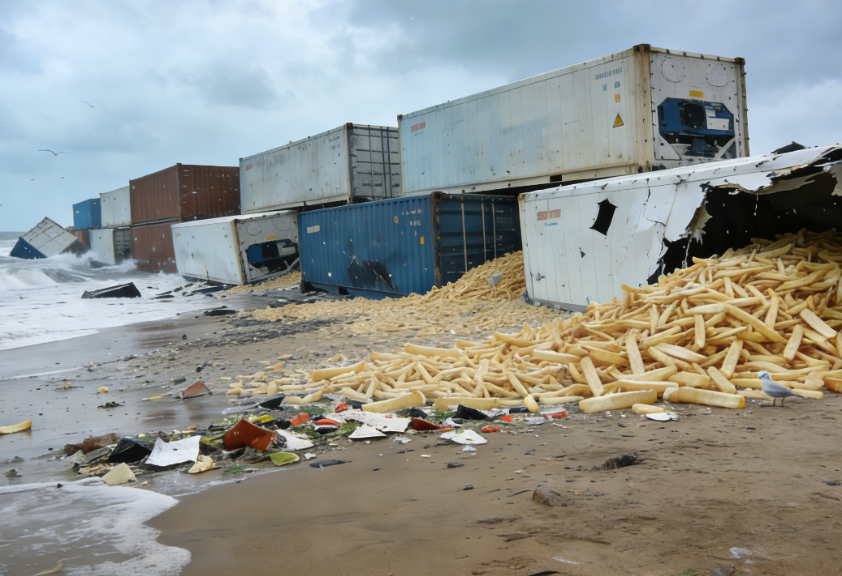
French Fry Container Marine Debris Pollution
Winter storm “Gordie” caused two cargo ships to lose 24 containers in the English Channel. Seventeen refrigerated containers filled with frozen French fries were washed ashore on East Sussex beaches, with some areas piled up to 2.5 feet deep. The massive food waste pollutes the beach ecosystem, attracting pests, threatening seabirds and marine life, and…
-
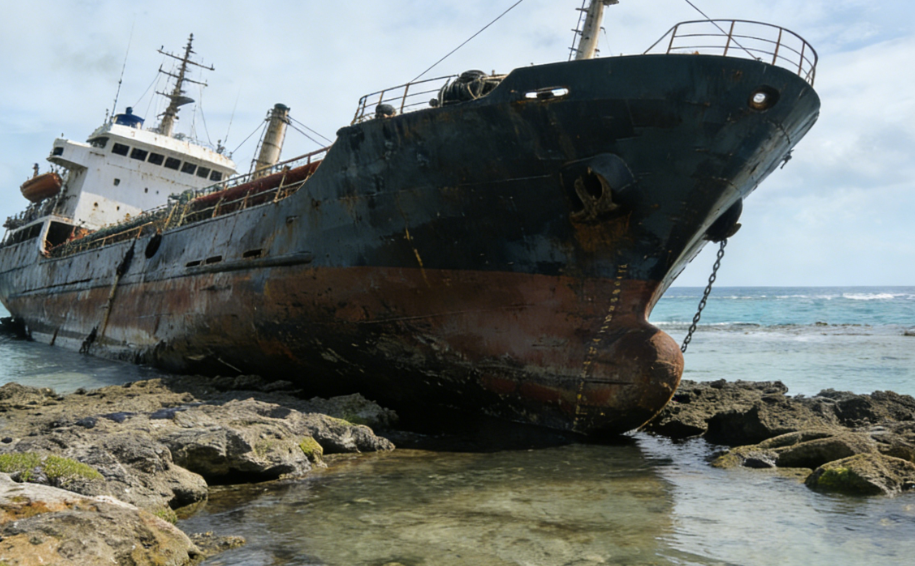
Oil Tanker Grounded in Coral Reef Reserve
A tanker carrying 1,200 tons of fuel oil ran aground in the Coron Bay Coral Reef Conservation Area. While no significant leakage has been detected, a strong odor of oil and gas has been identified. The stranding occurred within the core zone of a World Natural Heritage site, where the coral reef ecosystem is highly…